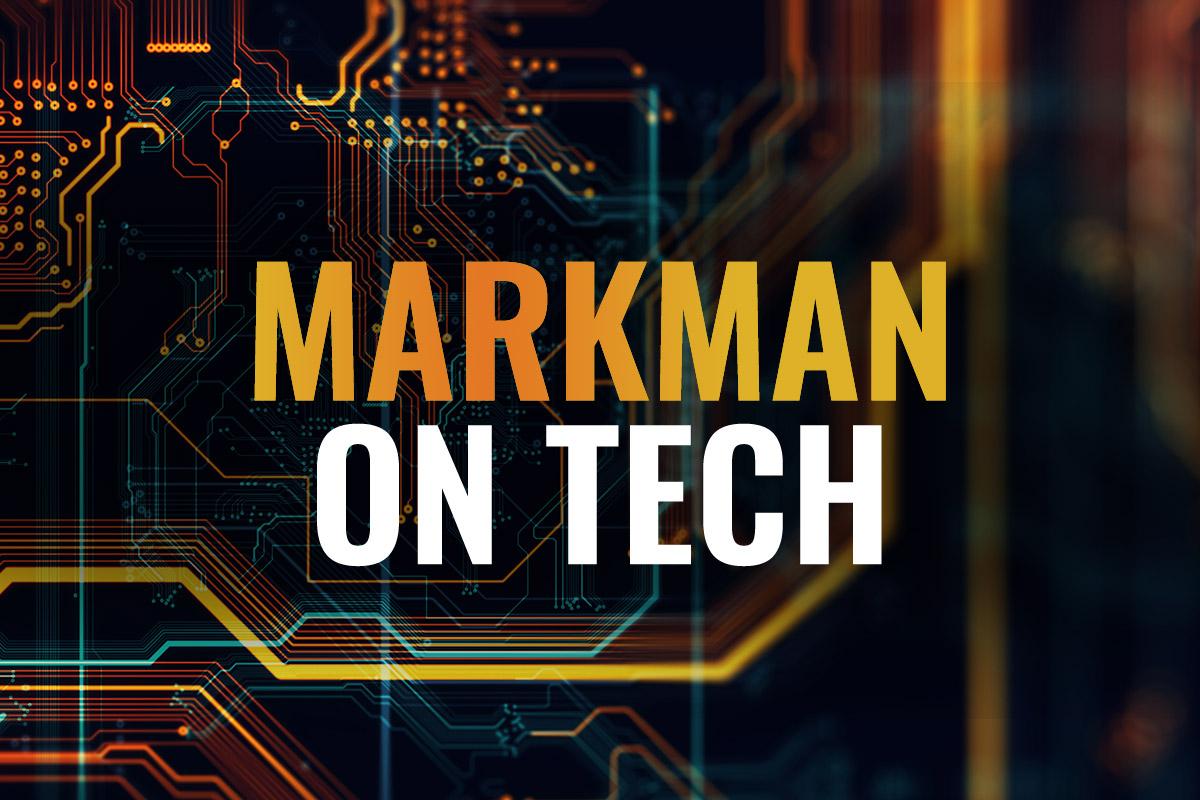
 Business leaders are finally fessing up to the fact that artificially intelligent enterprise software is going to kill thousands of service jobs.
Business leaders are finally fessing up to the fact that artificially intelligent enterprise software is going to kill thousands of service jobs.
Michael Corbat, chief executive officer at Citigroup (C – Get Report) told the Financial TimesMonday that AI, coupled with digitalization, could help eliminate tens of thousands of jobs at call centers.
It’s the new reality, and it’s coming fast.
Customer service is a tough nut to crack for banks. Despite all of the money they spend developing online banking, smartphone applications and automated teller networks, customers still want to deal with other humans. Citigroup spends $8 billion annually on technology, according to FT, and the firm still employs armies of call center workers.
They are the last line of defense. They help cancel lost credit cards, or explain why you can’t see your electric utility payment online. But paying them is costly.
Bankers hope to eliminate most customer service reps by digitizing the processes they perform. You might have noticed the prevalence self-service menus online. With the right software, it’s easy to cancel a lost credit without ever talking to anyone.
The next step is AI software.
At the Google I/O developers conference last year, Alphabet (GOOGL – Get Report) showed offsoftware it called Duplex. The showstopper was an AI bot that sounded like a human, could carry on a reasonably intelligent conversation, and was capable of taking instructions. Duplex was like a personal valet.
The software was able to make hair appointments at local salons. It even made a reservation at a busy Chinese restaurant. Humans were none the wiser.
There was some outrage. How dare robots fool humans? There was some disbelief, too. Duplex seemed far too advanced. It couldn’t be real.
But it was and is. When Google rolled out its Pixel smartphone in October, Duplex came bundled as a service called call screening. And if Google can build the software to run on a mobile phone, you know it’s possible to have similar software run at a call center.
AI is coming fast, and it’s freaking people out because they can see how disruptive it might be in the real world.
Bankers have been clamoring for more AI, more quickly for years. In 2017, Vikram Pandit, Corbat’s predecessor at Citigroup, told Bloomberg that better AI could reduce headcount at the bank by 30%.
John Cryan, at Deutsche Bank told a London audience to expect a bonfire of bank sector jobs.
I’m fairly certain they meant this as a good thing, as it reduces costs and increased profitability. And sure, they will make the case it leads to a better user experience – but they claimed the same of automated phone trees, too. I’m still waiting for my positive touch tone phone menu experience.
McKinsey & Co., a global consulting firm, estimated in 2017 that as many as 800 million jobs could be lost to automation by 2030.
Creative jobs were safest. Those working in the banking sector were most at risk, and for good reason. Their jobs are mostly repetitive and require only modest analysis. There is also the grim reality their leaders are itching to drop the axe.
Investors should continue to focus on the first part of the process. Digitization is the sweet spot right now. Bank bosses are deploying customer relationship management software at breakneck pace. They are laying the groundwork for the jump to AI bots and other software trickery.
Investors should listen to Corbat when he speaks. “We still have tens of thousands of people in call centers, and we know when we can digitize those processes,” he said. “We not only radically change or improve the customer experience, it costs less to provide.”
Salesforce (CRM – Get Report) is by far the company best positioned to digitize the customer service process. It has the best software, according to industry experts like Gartner. It also has more access to leading Fortune 100 firms than any company in the space.
Unfortunately, shares are not exactly cheap. The stock is near record highs at about $161, or 58.3x forward earnings and 9.8x forward sales. The market capitalization has surged to $123 billion.
Longer term investors can safely buy the stock into the next decline toward $130.
To learn more about Jon Markman’s recommendations at the crossroads of culture and technology, check out his daily investment newsletter Strategic Advantage. To learn about Markman’s practical research in the short-term timing of market indexes and commodities, check out his daily newsletter Invariant Futures.
[“source=thestreet”]





